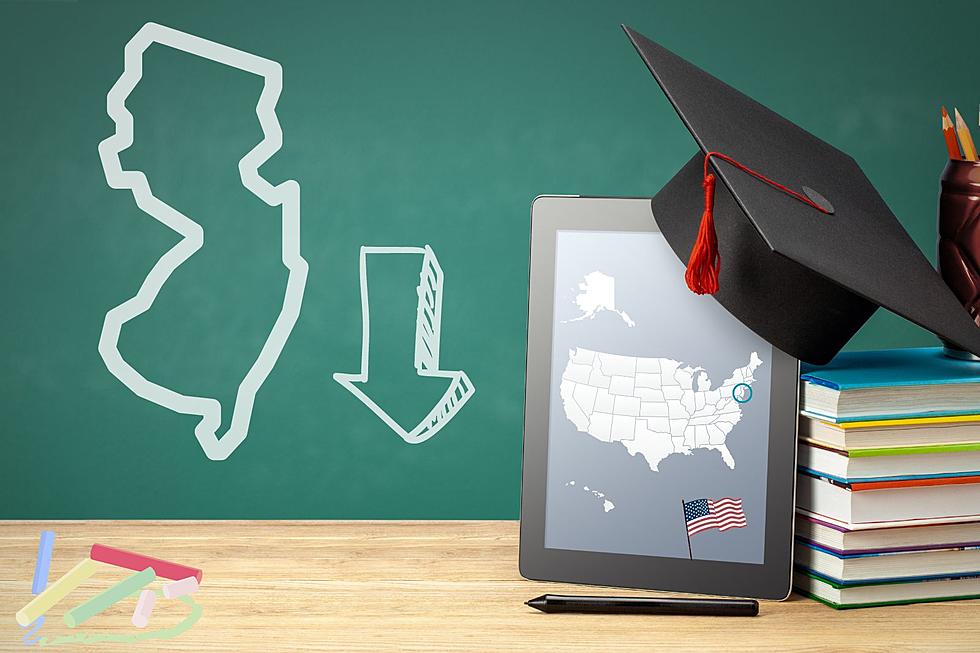![Tuition Worries at NJ County Colleges [AUDIO]](http://townsquare.media/site/385/files/2012/03/brookdale.jpg?w=980&q=75)
Tuition Worries at NJ County Colleges [AUDIO]
Four-year universities in New Jersey have become less of an "automatic" for students exiting high school. In fact, testimony before the Senate Higher Education Committee on Thursday included the fact that community college is responsible for educating more than half of the state's undergraduates.
The smaller, two-year institutions have replaced traditional universities in many families, serving as a cheaper path to education. Numbers released earlier this year by the College Board found New Jersey's in-state tuition rates are the third-highest in the nation. However, comments from community college presidents reveal their schools are not immune to increasing costs for students.
Dr. B. Kaye Walter, President of Bergen Community College, said students have been gradually dealing with an increased tab for schooling.
"Right now, I am extremely concerned that this will not allow us to have affordable, accessible education for those who need it most," Walter said, adding that today's students face a hostile job market and diminished support for higher education.
Last year, out of 17,000 BCC students, more than 12,000 relied on federal aid.
Burlington County College President David Hespe shared Dr. Walter's concerns. Currently, a student can attend full-time for $3,600 per year, a price Hespe considers a bargain.
"How long can we do that?" Hespe asked. "As my colleagues indicated, the pressure and the stresses are there. Both state and county government are under great fiscal stress."
Community colleges, along with other publicly-funded universities in the state, were advised to expect a hiccup in funding because of the recent superstorm.
More From New Jersey 101.5 FM









